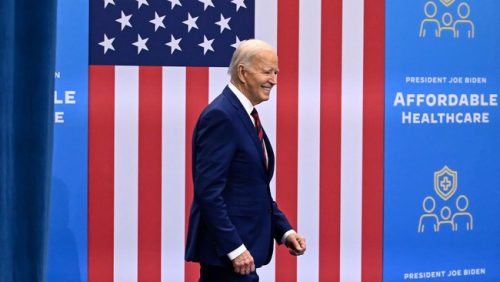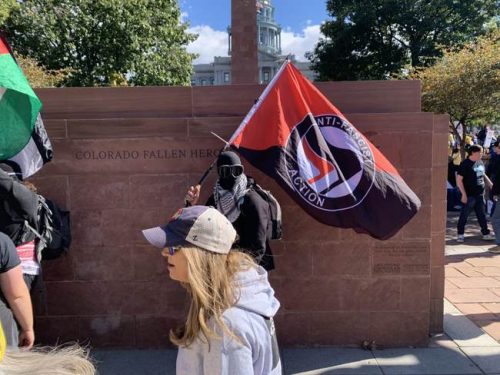U.K. pauses some Caribbean intelligence sharing after U.S. strikes on suspected cartel boats
The U.S. has carried out airstrikes against narco-terrorist vessels in the Caribbean, prompting international pushback and a diplomatic response from key partners. The U.K. has reportedly halted certain intelligence sharing over concerns about the legality of the strikes, while allies weigh how to balance cooperation and rule-of-law questions.
The strikes came as part of an effort to choke off cartel operations that move drugs and violence toward our shores, and the U.N. publicly condemned the attacks as “unacceptable.” That condemnation has landed amid growing debate over what authorities the United States can exercise beyond its borders when fighting transnational criminal networks. Critics argue about procedure and international law, while supporters insist decisive action is needed to protect communities at home.
The administration has signaled it will continue the campaign, framing it as a national security priority. Sources say the U.K. has paused sharing intelligence related to suspected trafficking vessels because it does not want to appear complicit in strikes it deems unlawful.
The United Kingdom is no longer sharing intelligence with the US about suspected drug trafficking vessels in the Caribbean because it does not want to be complicit in US military strikes and believes the attacks are illegal, sources familiar with the matter told CNN.
CNN reports that the UK has temporarily paused certain intelligence sharing with the U.S., raising concerns about the legality of targeting suspected drug-smuggling vessels in the Caribbean. pic.twitter.com/nwaNIFj5Es
— Breaking911 (@Breaking911) November 11, 2025
The UK’s decision marks a significant break from its closest ally and intelligence sharing partner and underscores the growing skepticism over the legality of the US military’s campaign around Latin America.
For years, the UK, which controls a number of territories in the Caribbean where it bases intelligence assets, has helped the US locate vessels suspected of carrying drugs so that the US Coast Guard could interdict them, the sources said. That meant the ships would be stopped, boarded, its crew detained, and drugs seized.
This kind of cooperation has been practical and effective: U.K. assets in Caribbean territories helped the United States find suspicious ships so interdictions could happen before consignments reached American shores. Losing that access complicates an already difficult operational picture, forcing more assets into longer patrols and creating gaps cartels can exploit. When partners step back over legal scruples, the logistics of interdiction and seizure change overnight.
Canada has also “distanced” itself from the strikes, and a Canadian defense spokesperson said, “It is important to note that Canadian Armed Forces activities under Operation Caribbean, conducted in coordination with the United States Coast Guard, are separate and distinct.” That distinction aims to reassure domestic audiences while keeping some operational ties intact, but it also signals reluctance among close allies to be caught up in kinetic actions they view as legally fraught.
The policy has drawn attention inside the U.S. as well, with defenders arguing that cartels operate like armed adversaries and critics raising constitutional and legal concerns. Vice President J.D. Vance pushed back on domestic critics, saying, “I think the rules of engagement should be similar to what they are in war, because we are, in fact, in a war against these drug cartels. I understand the concerns about due process, I understand some of the criticisms that have been raised, but this is not a situation where we can send the Navy SEALs into these places, arrest them, and give them a proper civil trial or criminal trial.”
At the moment the administration has not released a formal statement addressing the U.K.’s decision to withhold intelligence tied to Caribbean operations. That silence leaves a gap for diplomatic channels to work behind the scenes, but it also allows speculation and criticism to shape headlines. Allies and Congress will likely press for clarity on legal authority and oversight if the strikes continue.
Practically speaking, the pause in intelligence sharing raises real operational risks: interdictions often rely on timely tips and regional sensors, and gaps can let shipments slip through and fuel domestic crime. Politically, the move spotlights a split between an administration intent on aggressive disruption and partners worried about precedent and international law. How Washington answers that split will determine whether the campaign remains unilateral, coordinated, or hamstrung by divided support.






